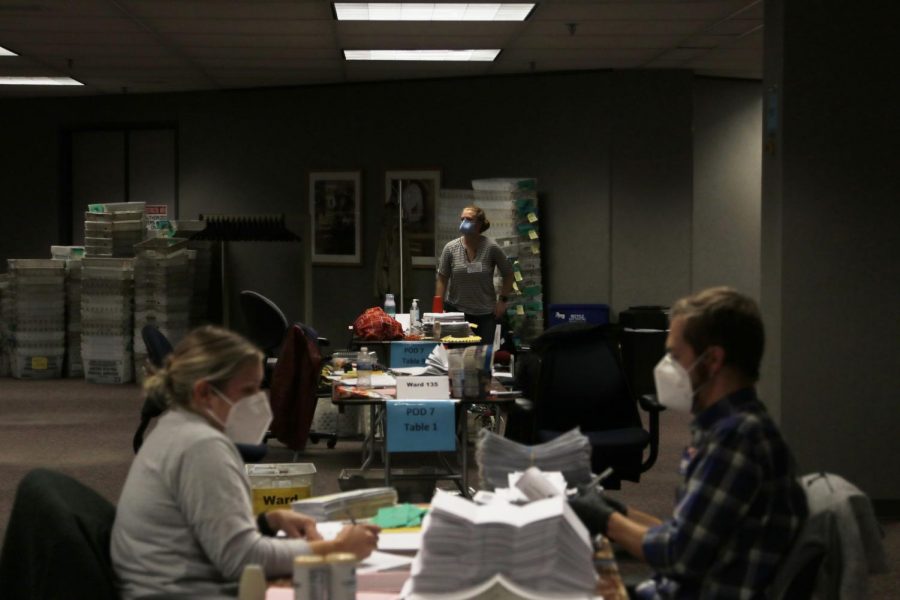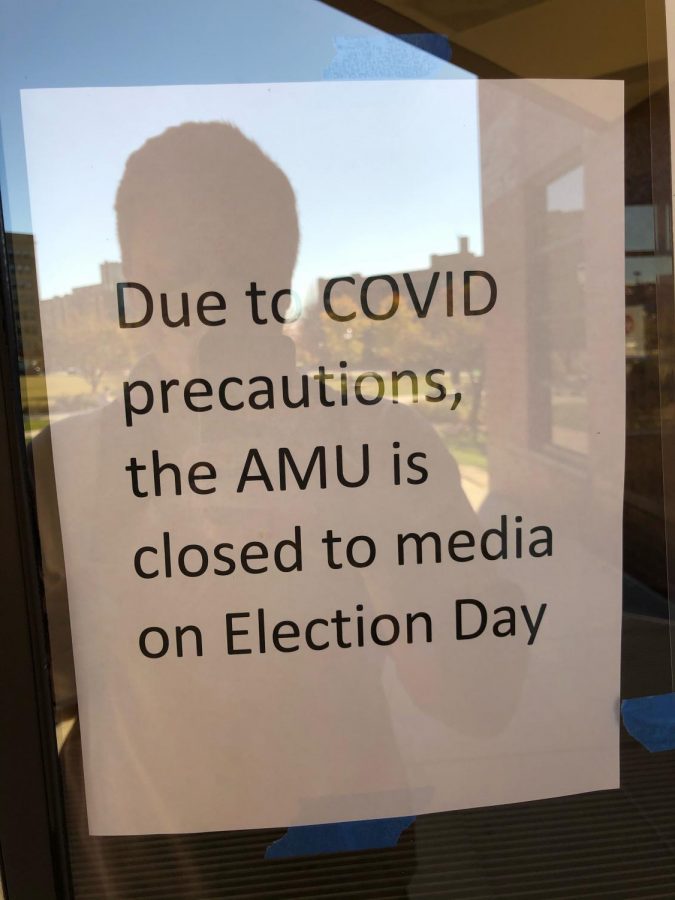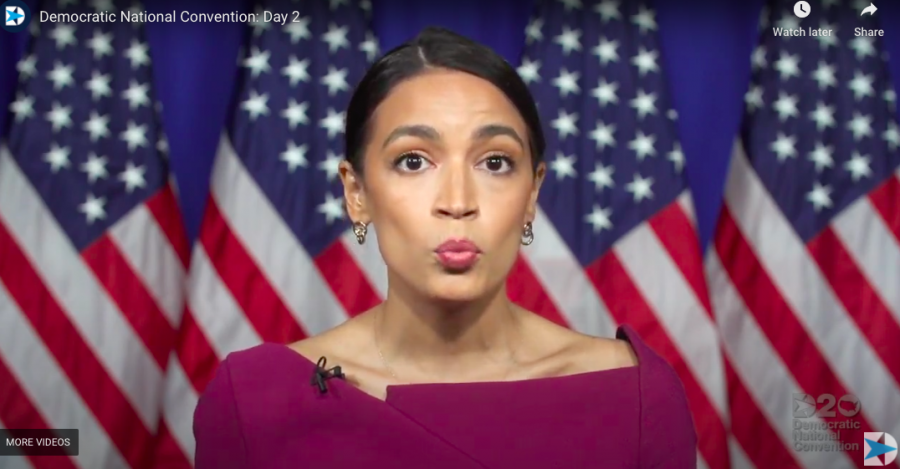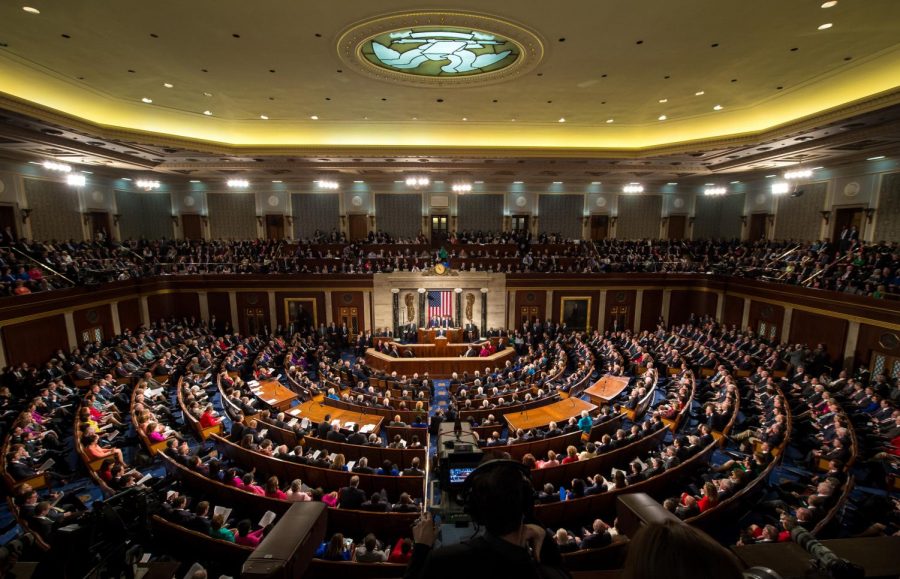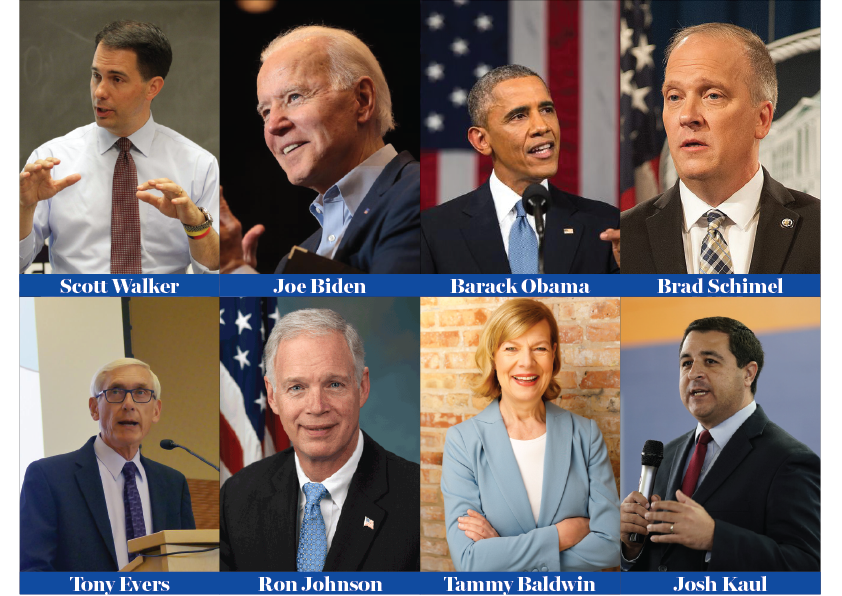Iowa Democrats came together Feb. 3 at their caucus to choose the candidate they want to run against incumbent Donald Trump in the 2020 presidential election.
A caucus is a political meeting held in some American states where local voters of the same party will join to discuss and vote on their preferred candidate to represent the party in the general election. There are nine other states which hold caucuses: Alaska, Nevada, North Dakota, Kansas, Wyoming, Hawaii, Kentucky, Maine and Washington.
The results of a caucus will decide the number of delegates each candidate receives for a vote at the Democratic party’s national convention. Iowa has a total of 41 delegates.
Caucuses are less conventional than normal primary elections. There are no secret ballots; rather, voters are openly trying to sway their friends and community members to choose their preferred candidate. They take place in all 99 Iowan counties, and all registered voters are eligible to join.
The process of the caucus is complex and a bit confusing. A candidate must receive support from at least 15% of the assembled crowd present, otherwise they will not be eligible to receive any delegates. In the The results are found by tallying the number of voters each candidate has.
Although the Iowa caucus only impacts 41 delegates — 1% of the total delegates for the Democratic National Convention — there is a lot of importance and momentum behind the caucus that make it noteworthy.
The results indicate how much support there is behind each Democratic candidate. The political meeting is also seen somewhat as a prediction of the candidate’s future success in the primaries until the Democratic National Committee chooses the presidential nominee.
The last seven of nine candidates who won Iowa became the Democratic party’s presidential nominee. 1992 and 1988 were the two years in the Iowa caucus winner did not also receive the party nomination.
This means that whoever gets the most voter support Feb. 3 will most likely be the one to run against Trump in the presidential election in November. Because of how important the results could be, the Democrats in Iowa must pick a strong candidate who will garner enough national validation to beat Trump.
Democrats will be clouded by the bigger picture if they choose to focus on cheap politics and polarizing differences between candidates Bernie Sanders and Elizabeth Warren.
Recently, tension arose between supporters for both candidates after Warren leaked a conversation with Sanders from 2018 and claimed he said a woman could never win the presidency in 2020. Sanders’ campaign responded by disputing the report and calling it “ludicrous” and “a lie.”
The next presidential debate after Warren made this claim was filled with jabs at Sanders from the female Democratic candidate. Sanders continued to say that Warren’s previous comments were untrue.
Later, Warren made a statement where she said no person on the stage has beaten a Republican incumbent in office since 1980. It was a skewed statistic to use since only once has another current candidate gone against a Republican incumbent.
After the debate, mics picked up Warren confronting Sanders, asking him why he called her a liar. Sanders tried to end the conversation while quickly saying that she called him a liar.
This sparked debate and tension among the Democratic party, and the public split, taking sides with either Warren or Sanders.
It is valid to have certain opinions on the situation between the two candidates, but it is a very crucial time for the Democratic party. Rather than focusing on the petty conflicts created by the candidates, voters should focus on how to choose the best candidate, as the party nomination that will be victorious in the end.
The party must be unified during the primary elections so that the votes do not split between candidates. The break of unity and support could give a rise to moderate nominees that overall have less popularity but gain numbers due to the split.
The candidates themselves should not be perpetuating cheap politics for their own personal gain. Warren cannot be using skewed statistics just to improve her image in the middle of conflict and tension in the party. She might be using these tactics to gain last minute support from those in the middle or maybe even trying to steal some from Sanders.
Democrats must have a strong, united front entering early primary voting like the Iowa caucus. They cannot let polarizing differences between Warren and Sanders influence or interrupt their initial support or voting decisions.
The Iowa caucus is just one form of primary voting that occurs before the presidential election in November. All states will hold primary elections where registered voters can vote on their preferred candidate. These same principles of unity apply to primary elections everywhere.
It is our job as voters here in Milwaukee, specifically Marquette, to not be extremely polarized within our own Democratic party in a way that will jeopardize the long-term goal of kicking Trump out of office.
Registered voters must have more civil dialogue and create a cohesive front going into the primary elections to guarantee a capable and strong nominee who will fight for the rights of the American public.
We cannot fall into the cheap political tactics of current Democratic candidates.
This story was written by Aminah Beg. She can be reached at [email protected].



